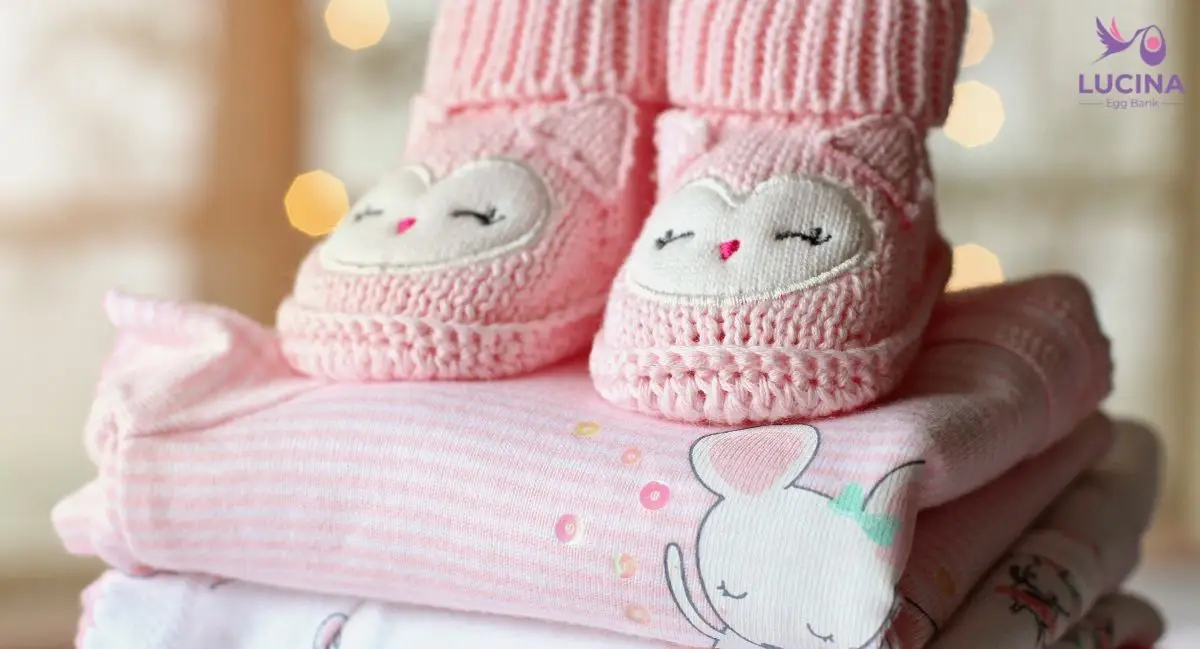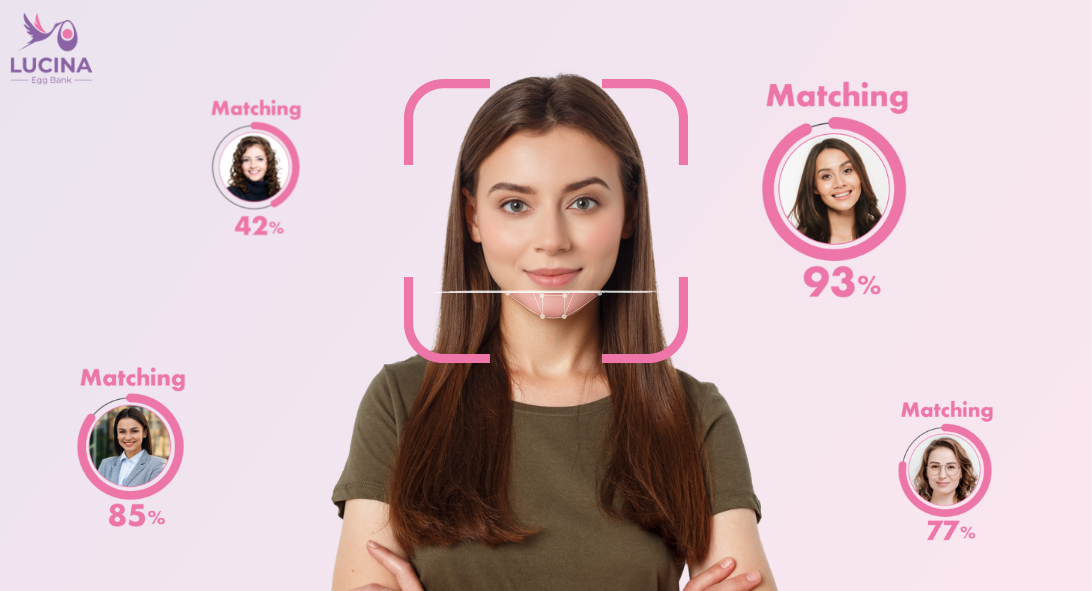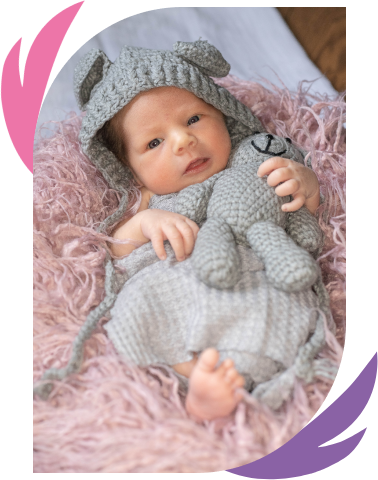
It is the dream of most couples to have children and complete their family. But sometimes, this dream may be impossible to achieve due to infertility or advanced maternal age. Infertility is the inability to get pregnant after months or even years of trying. A lot of couples and individuals dealing with infertility may have given up hope, but the good news is that they can still actualize their family dreams using fresh or frozen donor eggs.
The new practices in infertility treatments and the generosity of many women have given Intended Parents the chance to have babies through egg donation. At Lucina Egg Bank, we thoroughly screen donors to ensure the recipients get high-quality, viable eggs with the best chances of resulting in a pregnancy.
Why use Frozen Donor Eggs
For women who cannot conceive naturally with their own eggs, using donor eggs is a very good option. It is also an excellent option for gay couple/single individual who is planning to become a parent and need eggs to create an embryo for surrogacy. In this case, the doctor uses eggs from a young woman to help achieve pregnancy. These eggs are injected with sperm to produce an embryo, which is then transferred into the womb of the surrogate or intended mother via IVF (in vitro fertilization).
When thinking of using donor eggs, it is good to ask your fertility doctor whether fresh eggs or frozen ones will better for you. A lot of couples and individuals prefer frozen eggs to fresh ones for the following reasons:
1. Less waiting
In frozen donor cycles, there is no need to sync the donor’s menstrual cycle with that of the intended mother. The Egg Donor has already donated her eggs, so the fertility doctor can proceed to the remainder of the IVF when the recipient is ready. Plus, you don’t need to wait for the Egg Donor to be available for another cycle.
2. Guaranteed availability
In a fresh donor egg cycle, the woman chosen by Intended Parents may be unable to donate because of poor response to ovarian stimulation drugs, medication mistakes, or noncompliance. All these issues don’t occur when using frozen donor eggs since the eggs are already available.
3. No unexpected drawbacks
Intended Parents completing a fresh donor cycle may find themselves stuck in uncertainty. This is because the cycle’s success depends on the Egg Donor’s response to ovarian stimulation and her ability to mature the amount of eggs required. But there are no such concerns when using frozen eggs since the eggs are already collected before your treatment cycle.
4. Overrides the menopause stage
It may be difficult for women who are 40 or older to conceive naturally because they are approaching the menopause stage. A typical 40-year-old woman has a natural conception rate of 5%, but the rate can increase to 47% with infertility treatment. Frozen eggs give hopeful parents the opportunity to become parents even at an older age.
5. Donor eggs are thoroughly screened
When a woman wants to donate eggs, she first undergoes thorough medical and genetic screening to make sure that she is medically fit. This helps ensure that there is zero room for genetic disorders that may be transferred to the offspring. The tests lower the risk of having babies with genetic abnormalities.
6. Options for genetic Siblings
Frozen donor eggs are a good option for couples who want to have multiple embryos or establish dual parentage. The use of frozen eggs enables you to utilize eggs from the same donor later in the future. If the treatment was successful, you might decide to always use the same donor eggs. Intended Parents can use frozen eggs later to build a family with genetically related siblings.
7. Lower cost per donor eggs cycle
Couples using fresh donor eggs have to pay for their own medical treatment as well as that of their Egg Donor. This often includes the cost of screenings, expensive stimulation medications, ovarian follicle monitoring, and the egg retrieval procedure. The medications only can cost thousands of dollars based on the type of protocol the Egg Donor requires.
All these additional costs can be eliminated by choosing frozen donor eggs. At Lucina Egg Bank, the Egg Donors will have already undergone the pre-screening and the egg retrieval process. By removing the costs of the preparation and synchronization process, frozen donor eggs enable Intended Parents to have a less expensive donor egg experience.
But this does not mean that using frozen donor eggs is still inexpensive. Fortunately, there are lots of companies and foundations that give grants to couples and individuals pursuing fertility practices, such as frozen donor egg IVF. These grants are usually available for everyone, regardless of their ethnicity, race, or sexual orientation.
Final word
Unlike in the past, couples and individuals can now access Egg Donor profiles through egg banks easily. And thanks to advancements in fertility medicine and the availability of women willing to donate eggs, infertile couples and individuals have a new effective way to become parents.
Lucina Egg Bank has helped many hopeful parents start their family and we maintain one of the largest Egg Donor databases. If you have more questions about frozen egg banks or are looking for perfect Egg Donors to start a family, call us at 858-345-3274 or visit this link.















